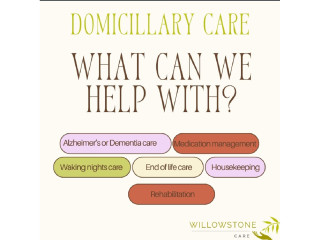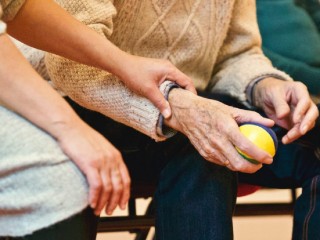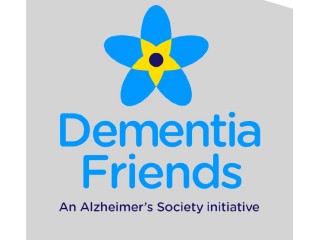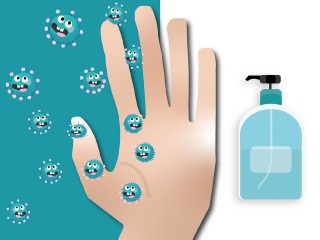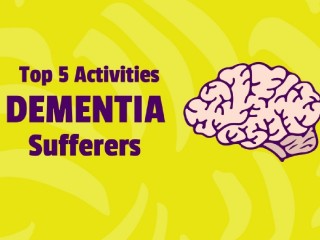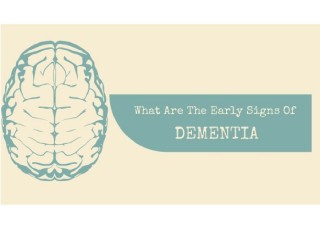Domiciliary care or home care is a service that allows individuals to receive personalised care and assistance in their own homes. It is designed to help those who need extra support with everyday activities, health care, or personal needs but wants to remain as independent as possible. Step into a world of compassion and comfort with domiciliary care.
This is my personal experience of a typical day in the life of a care support worker. No two days are the same. You can never plan ahead, you take each day as it comes. This is what makes the job role exciting and very rewarding.
Nutrition and hydration are two of the most important things to consider when trying to maintain a healthy lifestyle. Did you know that many older people can be very vulnerable to dehydration and poor nutrition?
During the winter months, it is quite easy to become isolated in your home. The weather is often cold and wet, so going out is something that is saved for spring and summer. As a Nurse Led Home Care provider, we understand that emotional well-being is just as important as the physical.
We are proud to say that our Clinical Director and some of our staff members recently became Dementia Champions, as part of Dementia Friends. Come along to the information session we are holding at our office at Dunston House.
When a loved one needs care, many people struggle to decide which is the best route. As each person is an individual, with individual wants and needs, the best route of care is different for everyone. As a home care provider, we have picked out a few of the advantages of having a carer in your own home.
Norovirus is one of the most common stomach bugs in the UK. It’s also called the “winter vomiting bug” because it’s more common in winter, although you can catch it at any time of the year.
Do you look after someone who has Dementia? Here are some of the various activities you can do with them to help with their memory, mental and physical health.
Some winter safety tips for seniors - a list of our recommendations.
For some, having low blood pressure poses no danger. In moderate cases of low blood pressure, you can experience dizziness and fainting. But if your blood pressure is too low, you may suffer from hypotension, a potentially life-threatening condition with a variety of potential causes.
Living with dementia can be very difficult. As with any medical condition, patients and their loved ones want to know what caused the condition in the first place. Further, many people wonder if dementia is hereditary, and if so, if it is likely that they will pass it onto their children or inherit it from their parents.
Dementia often refers to the collection of symptoms relating to mental deterioration, confusion and memory loss. Many people suffer from dementia as a result of old age, brain damage, lifestyle factors, or other medical conditions. Being familiar with the early signs is the first step in identifying and treating the condition.
